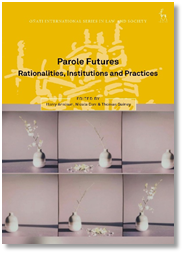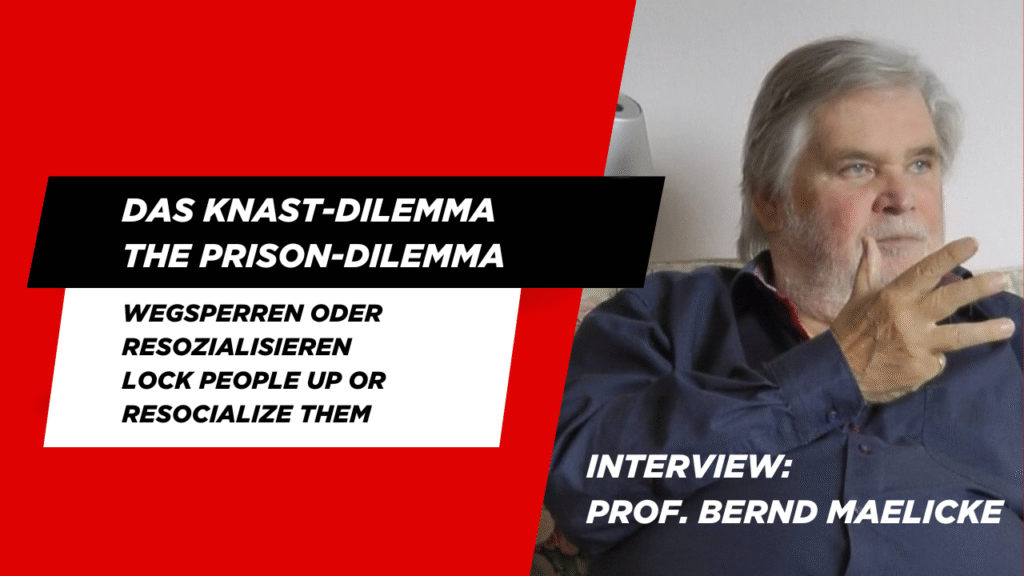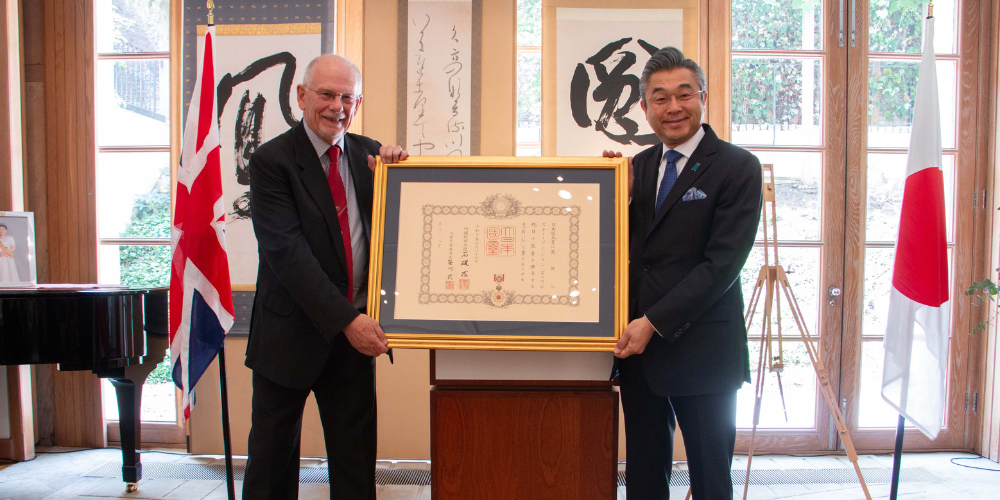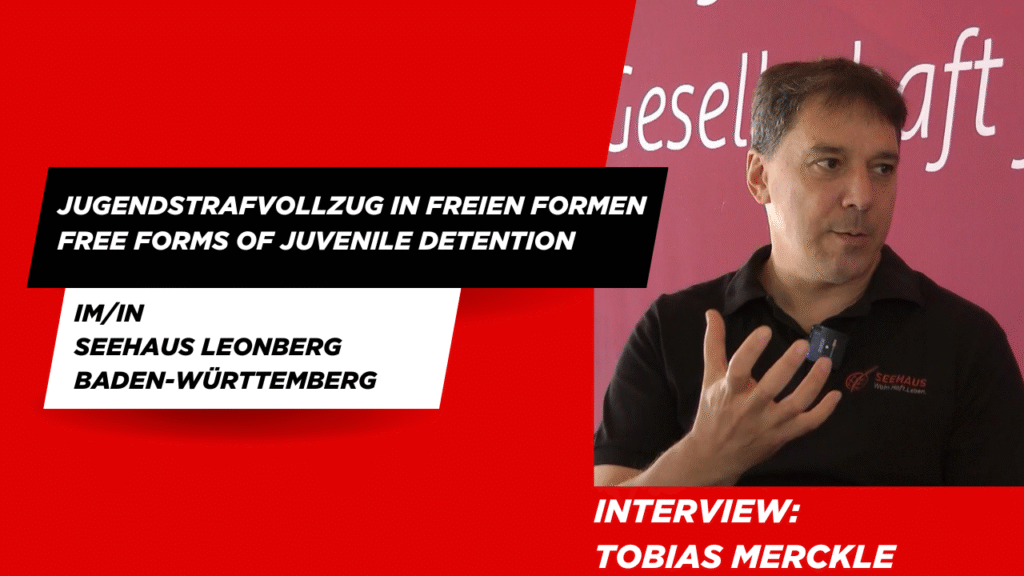Previous Article
News
“We are in this together”: probation work in Hungary during the pandemic
In Hungary during the first wave of COVID-19 (April-May 2020) personal meetings with clients were fully cancelled. We did not work from home (this was only allowed for employees over 60 or struggling with a chronic disease), we had to go to the office every workday but the work mainly included making phone calls and doing the paperwork. We were in contact with our clients by phone. I always give my own private mobile number to my clients (work mobile phones are not provided for probation officers in our country) so they can get in touch with me easily. None of my clients have ever misused it. It was a pleasant surprise for me during the lockdown many of my clients recurrently called me and informed me about what was going on in their lives. They often asked how I was. Not only did I take care of them – they also took care of me.
An article written by Orsolya Szathmáry-Király, probation officer in Hungary
Preparing reports over the phone
 In Hungary probation officers prepare social inquiry reports on juvenile offenders as a part of the criminal procedure. We visit the juveniles at their homes, interview them and their parents in order to get information about their personalities and life circumstances. During the first wave of COVID-19 most of the social inquiry reports were prepared over the phone. I tried to be thorough but there was a lot of information that was impossible to pick up, like the behaviour of the juveniles in his or her home environment, their attitude to their parents and their non-verbal communication (eye contact, body language). Then in summer we could get back into the swing of things and we hoped to have left the situation behind us. Unfortunately however in October 2020 the number of cases began to increase and restrictions were needed again.
In Hungary probation officers prepare social inquiry reports on juvenile offenders as a part of the criminal procedure. We visit the juveniles at their homes, interview them and their parents in order to get information about their personalities and life circumstances. During the first wave of COVID-19 most of the social inquiry reports were prepared over the phone. I tried to be thorough but there was a lot of information that was impossible to pick up, like the behaviour of the juveniles in his or her home environment, their attitude to their parents and their non-verbal communication (eye contact, body language). Then in summer we could get back into the swing of things and we hoped to have left the situation behind us. Unfortunately however in October 2020 the number of cases began to increase and restrictions were needed again.
During the second wave of the pandemic personal meetings with the clients were not cancelled. We met the clients at the office while observing the necessary safety measures (wearing a mask and keeping distance). Even though the clients are required to appear, I try to be flexible when they are not able to. For example, if clients working abroad call me that they cannot come home for several months, obviously I agree that we keep in contact via phone or e-mail.
Various problems
Gathering information about the clients brought several difficulties during the pandemic. We could not visit them at their habitations, we could not talk to the members of their families and could only rely on what they told us.
Our clients faced various problems (having to do online education, losing their jobs) during this period and as a probation officer I had to react to these problems. I did my best to check if all of my clients could adapt to the new circumstances and had to make sure that my juvenile clients had access to the online education. I frequently contacted the clients struggling with mental disorders (anxiety, depression, panic disorder) or addiction problems to find out whether their mental health condition had aggravated, whether they had relapsed and whether they had access to medical treatment. I often got in touch with social workers whether they have experienced any crisis in the life of my clients and if an immediate intervention is needed.
Sharing fears
My clients ask me questions about the pandemic a lot of times, they share their fears with me, they need me to ease their minds. On the one hand, I have to be well-informed to give them reliable and actual information, but on the other hand I have to be able to put an end to their fears as also I myself am stressed out and worried. I have never felt to have to hide my emotions from my clients. I believe that I have to show who I am, how I struggle with issues because that makes me authentic, and in this way I can create an atmosphere of trust where my clients feel free to share their feelings too, and are willing to take my advice.
They have to know that we are all in this together and we will get through it together. When they leave the office, I tell them this and they also say to me: “Take care of yourself!”.
It is hard for me to get used to seeing faces covered with masks, seeing only eyes. It is so strange not to see the facial expressions of my clients, not to be able to read their faces.
Not only do I take care of my clients, I am also trying to care of myself. Being a probation officer is mentally demanding (not only during a pandemic). We sometimes confront tragic life stories or shocking situations that touch us, or we have to make decisions that are so hard to make. If we neglect our mental health, it can cause burnout. I have been working as a probation officer for almost 15 years and I am as enthusiastic about my job as I was in the beginning.
Sport against the stress
I always ease stress with some physical activity. Before the lockdown I went to do aerobics 4 or 5 times a week. The gyms are closed now due to COVID-19 so these days I go running and do workouts at home. Mental tiredness can be counterbalanced by physical tiredness. Sport helps me to take my mind off if need be and to stay focused, to be present every day. It gives me strength …mentally and physically and it is more important in these days than ever before.
I try to be as normal as I can be in this chaos caused by the pandemic and the lockdown. I do my best to keep on working as I have always done and I try to adjust to the new conditions. Challenges are not meant to paralyze us but to help us grow.
“You say what if things start changing
I say we’ll be changing with them. “
(Ben Platt – So Will I)

Related News
Keep up to date with the latest developments, stories, and updates on probation from across Europe and beyond. Find relevant news and insights shaping the field today.

Probation in Europe, Technology
Have Your Say: EU Call for Evidence on the Digitalisation of Justice (2025–2030)
18/08/2025
The European Commission has opened a Call for Evidence on the Digitalisation of Justice: 2025–2030 European Judicial Training Strategy.
Reading corner

Criminal Justice
Parole Futures
18/08/2025
At a time when many parole systems are experiencing considerable strain, the aims of this collection are twofold: first, to encourage systematic and critical reflection on the rationalities, institutions and practices of parole. Second, to think big, and pose ambitious ‘what if’ questions about the possible futures of parole and prison release. Offering novel insights from Asia, Australia, Europe, North America and South America, this collection builds the case for, and then showcases, a ‘way of doing’ parole research that is global in outlook, interdisciplinary in approach and unapologetically normative in character.
New

Probation in Europe
New Vodcast Episode: Prof. Bernd Maelicke on The Prison-Dilemma
12/08/2025
The 13th episode of Division_Y features an in-depth conversation with Prof. Bernd Maelicke, one of Germany’s most respected voices in prison and probation reform.
New

Probation outside Europe
CEP Ambassador Steve Pitts Receives Prestigious Japanese Honour
05/08/2025
We are pleased to share that CEP Ambassador Steve Pitts has been awarded the prestigious Order of the Rising Sun, Gold Rays with Rosette by the Government of Japan. The honour was officially presented on 25th July 2025 at a formal ceremony held at the Japanese Ambassador‘s residence in London, hosted by the Japanese Ambassador.
New

CEP Events
Mark Your Calendars: Exciting Probation Events Ahead
30/07/2025
As the season continues, we’re looking ahead to a dynamic line-up of events across Europe. From specialised workshops to international training and conferences, there’s something valuable for everyone working in probation and beyond.
New

Probation in Europe
New Vodcast Episode: Tobias Merckle on Free Forms of Juvenile Detention
12/07/2025
The 12th episode of Division_Y features an engaging discussion with Tobias Merckle, a social worker and social entrepreneur from Baden-Württemberg, Germany.
Subscribe to our bi-monthly email newsletter!
"*" indicates required fields
- Keep up to date with important probation developments and insights.

